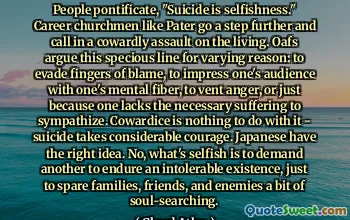Freedom, "that terrible word inscribed on the chariot of the storm," is the motivating principle of all revolutions. Without it, justice seems inconceivable to the rebel's mind. There comes a time, however, when justice demands the suspension of freedom. Then terror, on a grand or small scale, makes its appearance to consummate the revolution. Every act of rebellion expresses a nostalgia for innocence and an appeal to the essence of being. But one day nostalgia takes up arms and assumes the responsibility of total guilt; in other words, adopts murder and violence.
In "The Rebel," Albert Camus explores the concept of freedom as a fundamental driver of revolutions. He describes it as a powerful force, equated with justice in the eyes of those rebelling against oppression. However, Camus points out that the quest for justice may necessitate the curtailing of freedom, leading to the emergence of terror during revolutionary movements. This paradox reveals the complexity of human motivations in the face of societal change.
Camus further reflects on the conflict between nostalgia for a lost innocence and the darker aspects of rebellion. He suggests that while rebellion starts as a quest for meaning, it can escalate into violence and moral compromise. Ultimately, the desire for justice can transform into a cycle of guilt and aggression, as revolutionaries grapple with their actions and the consequences they bring.



